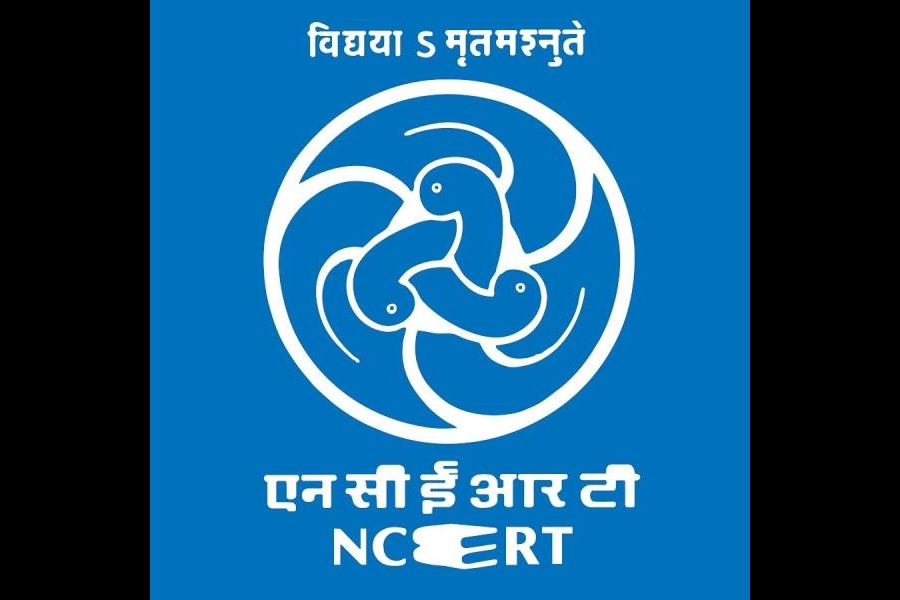A booklet prepared by government-controlled NCERT has blamed the Congress for failing to understand the ideology of religious separatism and accepting the Muslim League’s demand, leading to the Partition of India.
The National Council of Educational Research and Training’s special module on Partition Horrors Remembrance Day for secondary school students lists four lessons from the historical event, including one that says “a wise, patient and determined leadership is necessary for a country”. It said the leaders then had not seriously reflected on the ideology of religious separatism and the claims of special privileges for a particular religion.
“Historically, three actors were responsible for Partition: 1. Jinnah, who demanded it. 2. The Congress, which accepted it. 3. Mountbatten, who formalised and implemented it. Thus, only when Jinnah remained adamant and Nehru and Patel reluctantly gave their consent did Mountbatten present Partition as a final solution. The British government tried their best to preserve India as one until the end,” the module stated.
According to the module, Muslim League leader Muhammad Ali Jinnah made the demand for Pakistan in 1940 as a separate nation for Muslims. A cabinet mission from London in 1946 proposed a federation with three groups of provinces — Group A (Hindu-majority) and Groups B and C (Muslim majority).
The plan aimed to grant significant autonomy to the groups, with the central government controlling defence, foreign affairs and communications. Initially, the Congress accepted the proposal, but later backtracked. Jinnah declared “Direct Action Day” on August 16, 1946, to use violence to enforce the
Pakistan demand.
“Nehru and Patel accepted Partition to avert civil war and anarchy. Once they did, (Mahatma) Gandhi too gave up his opposition,” it stated. The module said the main lessons from the Partition were that citizens should refuse politics based on religion and leaders must prioritise the nation’s welfare above personal or party interests.











